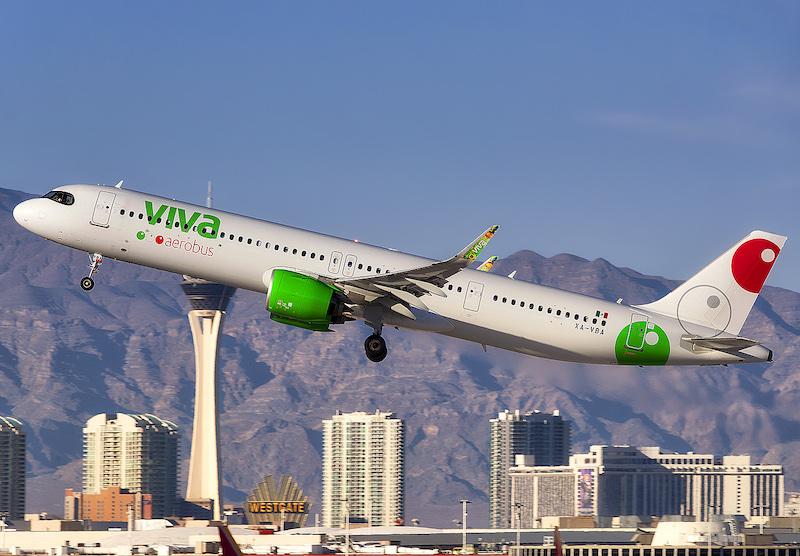
Credit: Joe Pries Aviation
Viva Aerobus has unveiled plans to open six new routes to the U.S. following the FAA’s decision to restore Mexico to the agency’s highest safety rating. The new transborder services are all from Monterrey, connecting the city with Austin, Texas; Denver; Miami; New York; Oakland, California; and...
Subscription Required
This content requires a subscription to one of the Aviation Week Intelligence Network (AWIN) bundles.
Schedule a demo today to find out how you can access this content and similar content related to your area of the global aviation industry.
Already an AWIN subscriber? Login
Did you know? Aviation Week has won top honors multiple times in the Jesse H. Neal National Business Journalism Awards, the business-to-business media equivalent of the Pulitzer Prizes.





